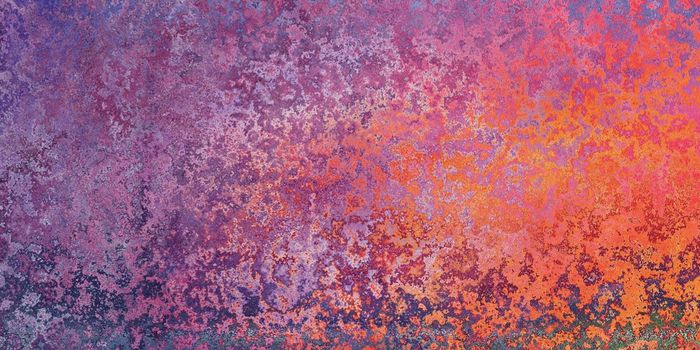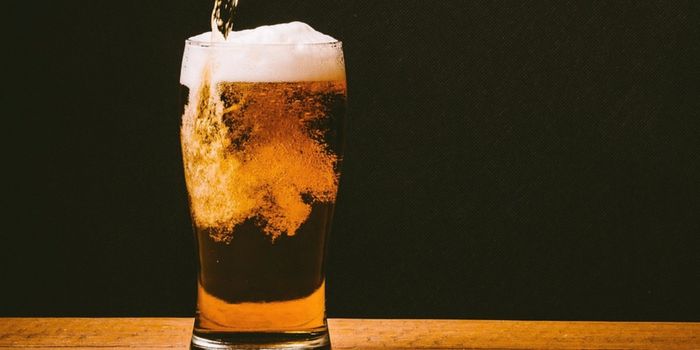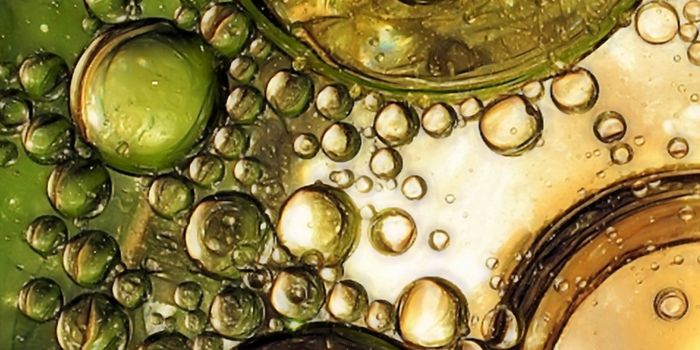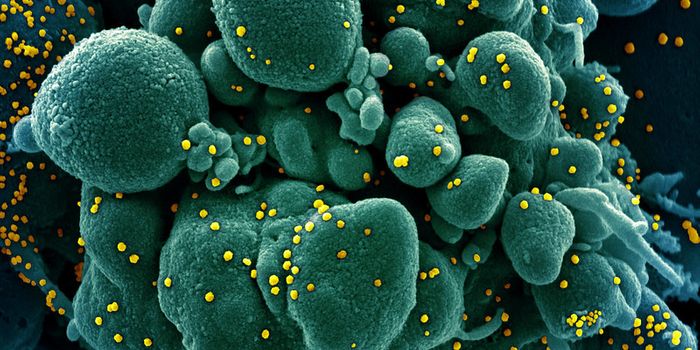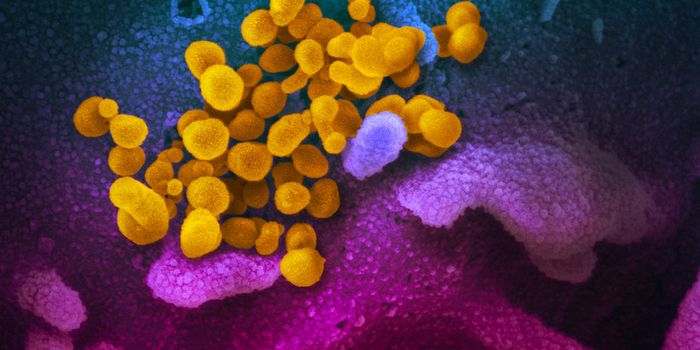Learn How Good Bugs Can Benefit Us at International Microorganism Day
Microorganisms live everywhere, and we've learned over the past year that they can affect everything. While we might be most familiar with pathogenic microbes that colonize the human body and cause disease, not all microbes are bad. We rely on many types of gut microbes to help us digest our food and absorb nutrients, while other microorganisms are used in industry; they produce useful chemicals like ethanol or lactic acid, for example.
Beneficial microbes also have many potential uses. We might be able to engineer bacteria to produce expensive and crucial molecules. As we learn more about the microbiome, we might discover microbes that can help relieve some symptoms of disease or provide other benefits, like a boost to cognitive function.
Good microbes might even help us fight the dangerous ones. A microbial arms race has been ongoing since archaea, bacteria, viruses, and others have existed. They often have to compete for resources, so some strains of bacteria produce antibiotics so they can kill other types of bacteria. There are also viruses that infect bacteria, called bacteriophages. Researchers have been able to leverage what we know about bacteriophages to use them as therapeutic treatments in some rare cases.
Bacteria also fight off the viruses that infect them with a kind of immune defense system. Scientists leveraged what they knew about that system, CRISPR, to create a gene-editing tool that's used with an enzyme derived from microbes, called Cas9. There are many other Cas enzymes out there that researchers are starting to learn about, and which could have use in biomedical research or one day, in the clinic.
Even if you aren't passionate about microbes, you may still be interested in this year's International Microoorganism Day events. There is something for everyone at the event, from basic, fun science workshops on making yogurt or fermented carrots, to more advanced sessions, like talks from researchers about magnetotactic microbes or how microalgae might help us meet sustainability goals. A 24-hour event live-streame will begin on the website on September 16 at 6 am EST (noon CEST) and end at 6am EST (noon CEST) on September 17.
When Portuguese scientists created International Microorganism Day, they chose September 17 because that's the date of the letter sent from Antonie van Leeuwenhoek (1632-1723) to the Royal Society in London announcing his observations of the first microbes ever observed. With microscopes he made and many natural samples, he saw what he called animalcules (“small animals" which are now called protists), and founded the field of microbiology.
Sources: Nature


